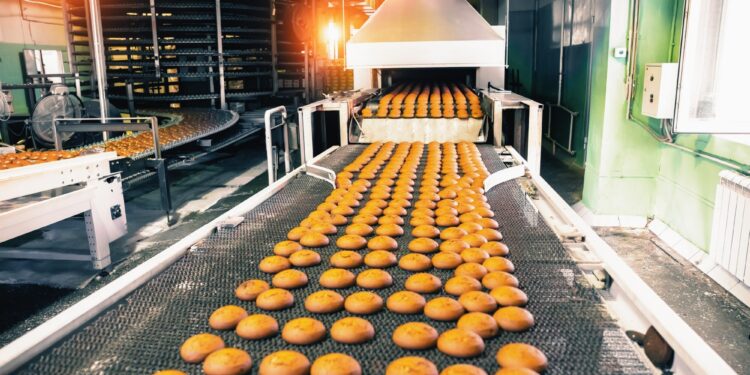British food exporters say they have wasted millions of pounds preparing for post-Brexit border checks that keep getting postponed, leaving them frustrated by policy uncertainty and mounting sunk costs.
The new border regime, intended to ensure proper inspection of animal and plant products arriving from the EU, was originally set to take effect in 2021. But after five delays, key elements of the Border Target Operating Model (BTOM) were only partially introduced in April 2024, with full checks now not expected until late 2025 at the earliest.
Industry groups say the constant delays have led to significant financial waste. Many firms invested in new certification processes, upgraded logistics systems, hired veterinary staff, and built inspection facilities—only to find implementation dates pushed back yet again.
“The government told us to get ready. We did. Now we’re sitting on idle infrastructure and higher costs we didn’t need to incur,” said Sarah Williams, operations director at a major meat processing firm in Yorkshire. “It’s not just frustrating—it’s damaging our competitiveness.”
According to the British Meat Processors Association, food producers have spent tens of millions of pounds preparing for full checks on imports and exports. Much of that investment, they say, is now stranded as timelines remain unclear and border facilities lie underused.
The UK government argues that the phased approach was necessary to avoid food shortages and inflationary shocks, especially amid supply chain pressures and the war in Ukraine. But critics say the repeated delays reflect poor planning and lack of political will to enforce post-Brexit controls.
“The UK has ended up in a situation where EU goods enter with fewer checks than British goods entering the EU,” said a senior logistics executive. “That’s not a level playing field—and British producers are paying the price.”
Small businesses have been hit hardest. Many lack the resources to absorb extra compliance costs or deal with shifting deadlines. Trade bodies warn that the uncertainty is discouraging investment and eroding trust in government commitments.
Meanwhile, inspections that have been implemented so far—such as health certification for some animal products—have already slowed trade flows and increased paperwork, raising concerns about further disruption once full checks begin.
The Department for Environment, Food & Rural Affairs says it remains committed to rolling out the final stages of BTOM but will do so in a way that balances biosecurity with economic impact. No firm date has yet been announced for the introduction of physical inspections on medium-risk imports.
With little clarity and more delays likely, many food producers are left questioning whether the UK’s post-Brexit border strategy is fit for purpose—or if it will ever be fully enforced. For now, the only certainty appears to be uncertainty.
newshub finance




Recent Comments